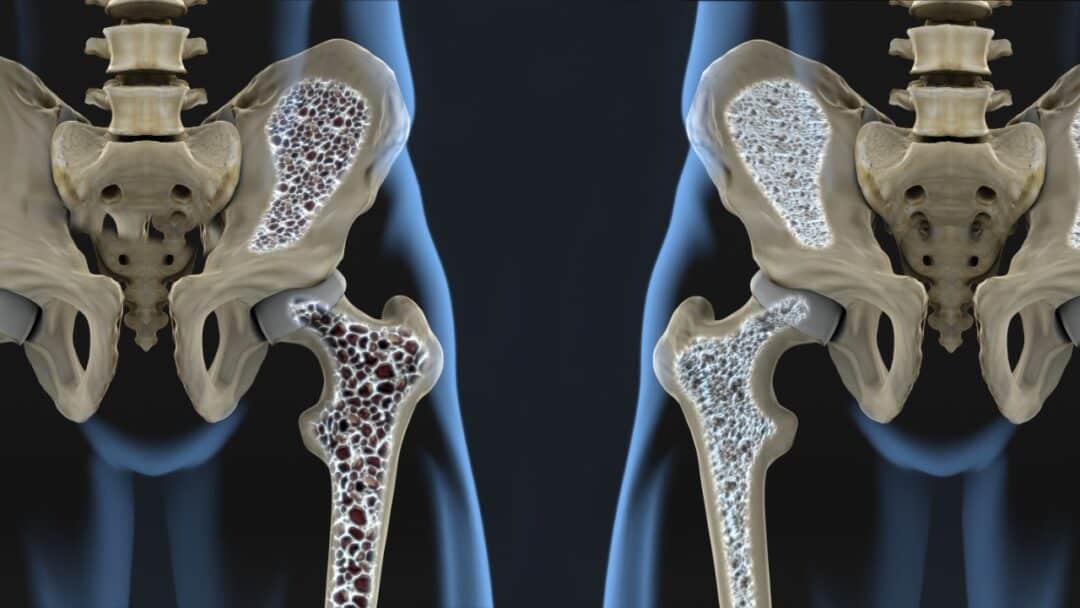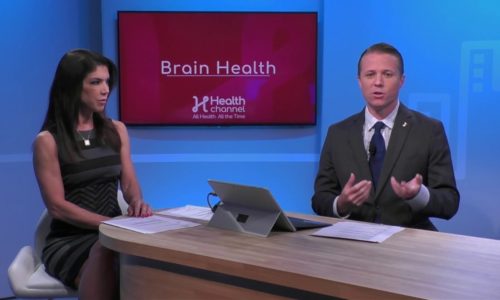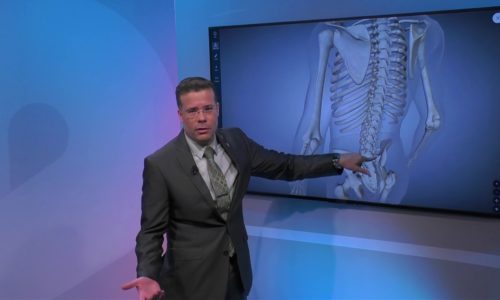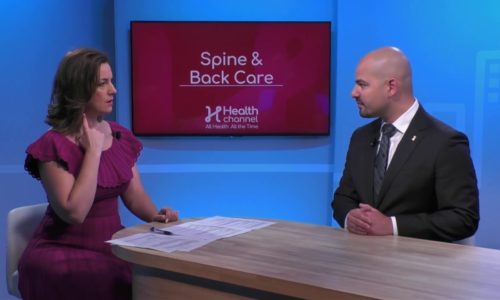How can I prevent osteoporosis? |

People of all ages should eat a nutritious diet with adequate calcium intake. We have learned that getting calcium through foods is much more beneficial and causes fewer long term complications than taking calcium supplements. I would not recommend taking a calcium supplement without you discussing it with your doctor first. The amount of recommended daily calcium varies depending on age and other factors.
Here is the recommended dietary calcium intake for children and adults.
| • Less than 4 years old | consult your pediatrician |
| • 4-8 years old | 1000 mg per day |
| • 9-18 years old | 1300 mg per day |
| • 19-50 years old | 1000 mg per day |
| • Men 51-70 years old | 1000 mg per day |
| • Women 51-70 years old | 1200 mg per day |
| • 71 years and older | 1200 mg per day |
-
Avoid under-nutrition or malnutrition, especially during childhood and adolescence. Be aware of possible eating disorders and the effects they have on nutritional status.
-
Maintain an adequate supply of vitamin D, which is often found alongside calcium in fortified foods. Vitamin D is made in your body when your skin is exposed to sunlight.
-
Participate in regular physical activity, particularly weight bearing exercises, or activities that provide resistance, such as walking, jogging, running, weight training, dancing, aerobics, hiking, stair climbing, and push-ups. Daily activities like gardening, vacuuming, mowing the lawn, or shoveling snow are also beneficial. Remember that weight bearing exercises are the only exercises that enhance bone growth or stop bone loss.
-
Avoid smoking and second-hand smoke exposure. We learned decades ago that there is a direct relationship between tobacco use and lower bone density.
-
Avoid excessive alcohol intake. Too much alcohol intake interferes with the body’s calcium balance. It can also cause hormone abnormalities that can affect our bone bank balance, as well as vitamin deficiencies that can affect our bones.
-
If you have thyroid problems, be sure to have this monitored regularly by your doctor. Excessive thyroid hormone, either from an overactive thyroid, or thyroid replacement at a dose that is too high, can lower your bone mass.
-
Talk with your doctor about a bone density test. This is a painless test which can detect osteoporosis before a fracture occurs. The age at which you should have this test depends on your risk factors, so discuss it with your family doctor at your next annual exam.
https://www.nof.org/patients/treatment/calciumvitamin-d/a-guide-to-calcium-rich-foods/
If you have any more questions just Ask Hanna, our health advisors are here to help.
Dr. Anita Bennett MD – Health Tip Content Editor
Image: ©Shutterstock / Javier Regueiro








